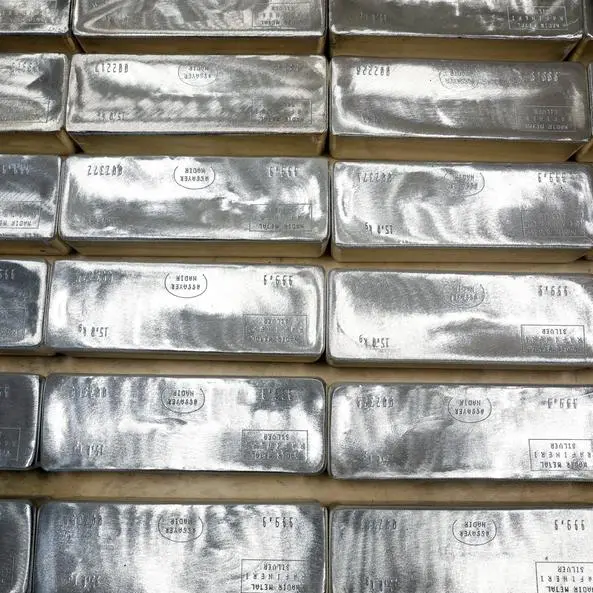PHOTO
Oil prices were largely steady on Thursday, with traders holding fire after declines earlier this week on a stronger U.S. dollar and worries about rising supply amid slow demand growth.
Brent crude futures were down 3 cents to $72.25 a barrel at 0937 GMT. U.S. West Texas Intermediate crude futures were down 7 cents to $68.36.
"The primary driver of oil prices, both in the near term and looking ahead, will be the direction of the U.S. dollar," said Phillip Nova investment analyst Danish Lim.
The dollar's recent rally has been a key downside pressure, said Lim, who expects oil markets to stay volatile, with a bearish bias.
The dollar surged to a one-year high on Thursday, extending gains from Wednesday's seven-month high against major currencies after data showed U.S. inflation in October increased in line with expectations.
This, in turn, stoked worries of slowing demand in the United States.
The market is "a concoction of weak demand factors", with the latest worry being a rally in U.S. 10-year Treasury yields and a surge in the 10-year breakeven inflation rate to 2.35%, said OANDA senior market analyst Kelvin Wong.
"(This) increases the odds of a shallow Fed interest rate cut cycle heading into 2025 (and) overall, there is less liquidity to stoke an increase in demand for oil," he added.
The U.S. Energy Information Administration has slightly raised its global oil output forecast for 2024 to 102.6 million barrels per day (bpd), from a prior forecast of 102.5 million bpd, driven by an expected increase in U.S. output of 300,000 bpd. For 2025, it expects world output of 104.7 million bpd.
The International Energy Agency's oil market report is due later in the day.
With slowing demand in China, there are few supply-demand factors supporting bullish oil markets, said independent market analyst Tina Teng.
(Reporting by Paul Carsten in London and Katya Golubkova and Trixie Yap; Editing by Clarence Fernandez and Mark Potter)





















